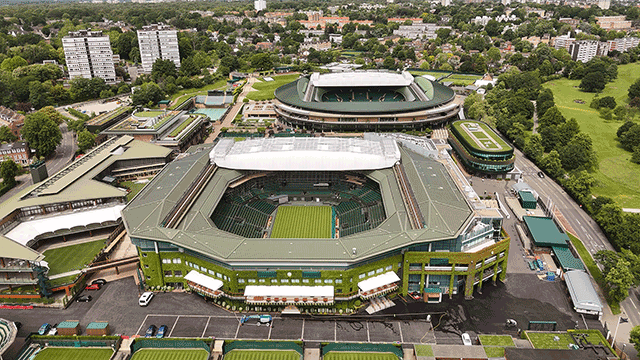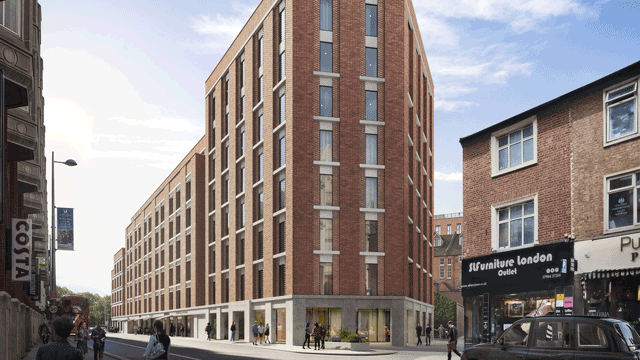Next month, during Wimbledon fortnight, residents’ group Save Wimbledon Park will meet the All England Lawn Tennis Club at the High Court in London, where lawyers for the residents will attempt to overturn planning permission for the club’s expansion.
Regardless of the outcome, a more important court case that could decide the future of land that once belonged to Wimbledon Park Golf Club was yesterday scheduled for January 2026.
AELTC, home to the Wimbledon Tennis Championships, plans to build 39 new tennis courts, including an 8,000-seat stadium, on the site of the old golf club — land it bought from Merton Council. The Greater London Authority granted planning permission in November. SWP immediately took legal action and brought a judicial review. That’s the case scheduled for July.
At the heart of the dispute is SWP’s assertion that the land is subject to a so-called “statutory trust” which means the land must be kept free for public recreation. AELTC argues the statutory trust rules don’t apply in this case. One likely reason is that the land used to be a private golf club, not an open park.
Because it’s a legal challenge to a planning decision, the main question the judge will have to decide on is whether GLA planning officials took proper account of the statutory trust issue. The judge won’t be required to take a view on whether that statutory trust actually exists.
However, because of the legal uncertainty, AELTC has taken the step of filing a separate case at the High Court to ask for a definitive ruling on whether the land is subject to a statutory trust. If it is, the land will be blocked for development. The AELTC is doing this in cooperation with SWP and is footing the bill.
The case was filed earlier this year, but a busy court schedule meant it might not get a hearing until late next year, which would delay development and increase uncertainty.
At a court hearing yesterday, lawyers for both sides asked a High Court judge to prioritise the case and have it heard early. The judge agreed, and ordered the case be heard over eight days in January next year.
He also joined the attorney-general to the claim as a defendant to represent the public interest. This is because in a recent planning judgment about wild camping on Dartmoor, judges at the Supreme Court criticised the lower courts for granting an order restricting the public without involving the attorney-general in the case.
Image © Adobe Stock
Follow Estates Gazette











